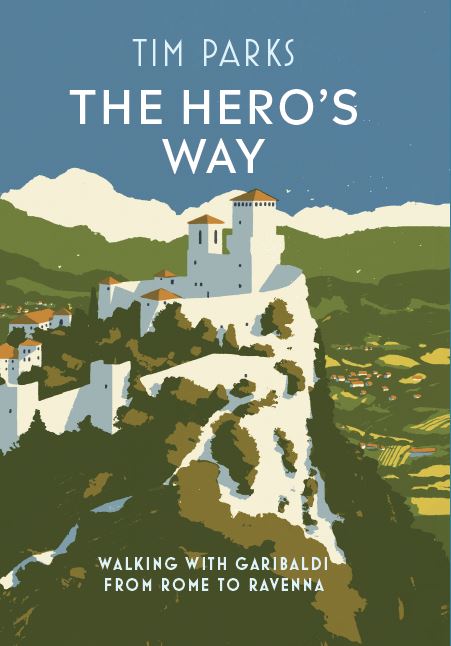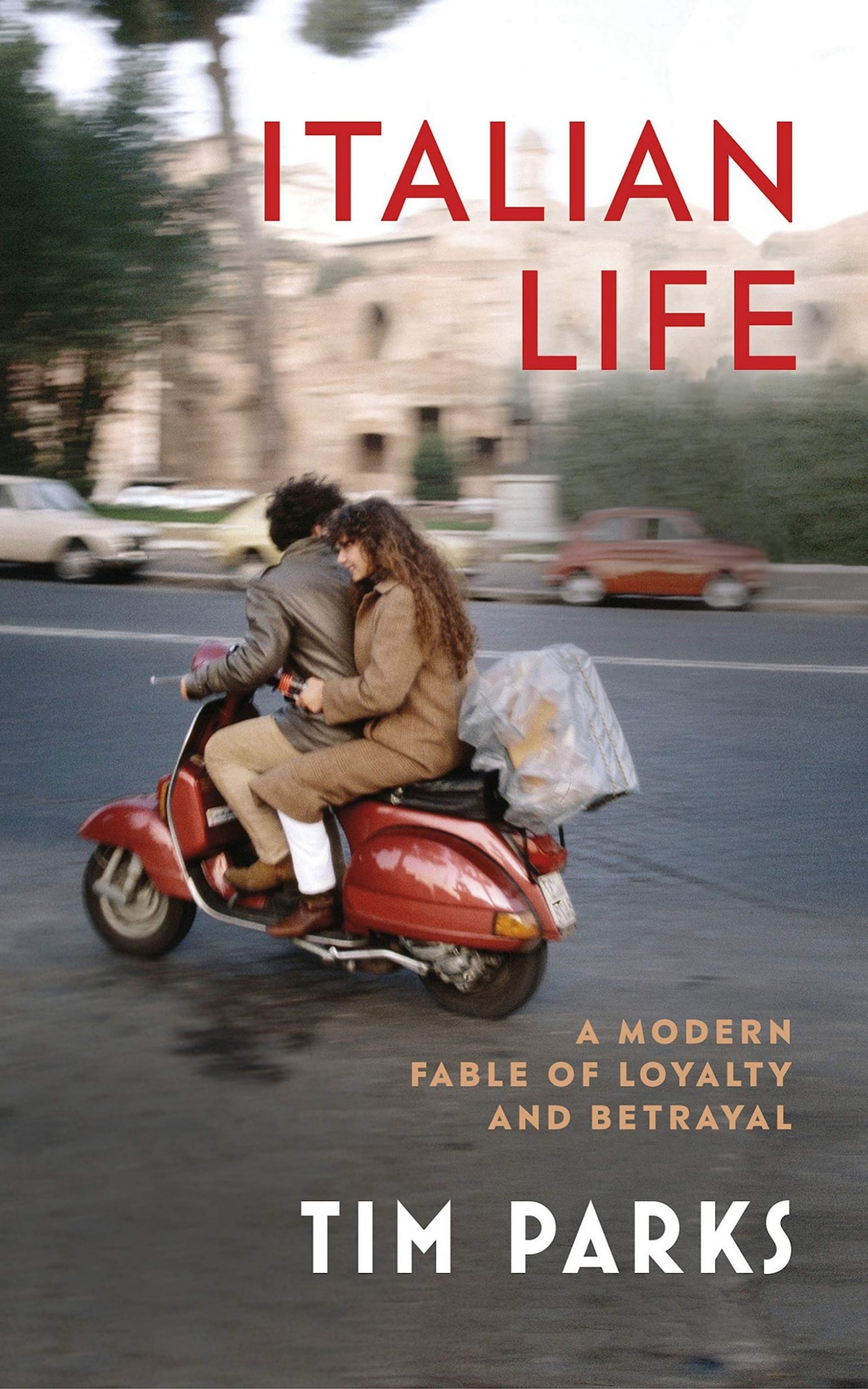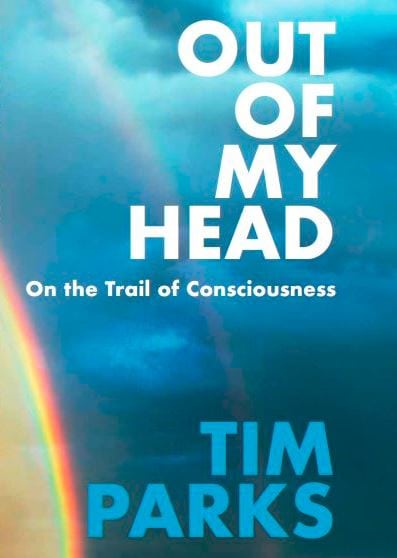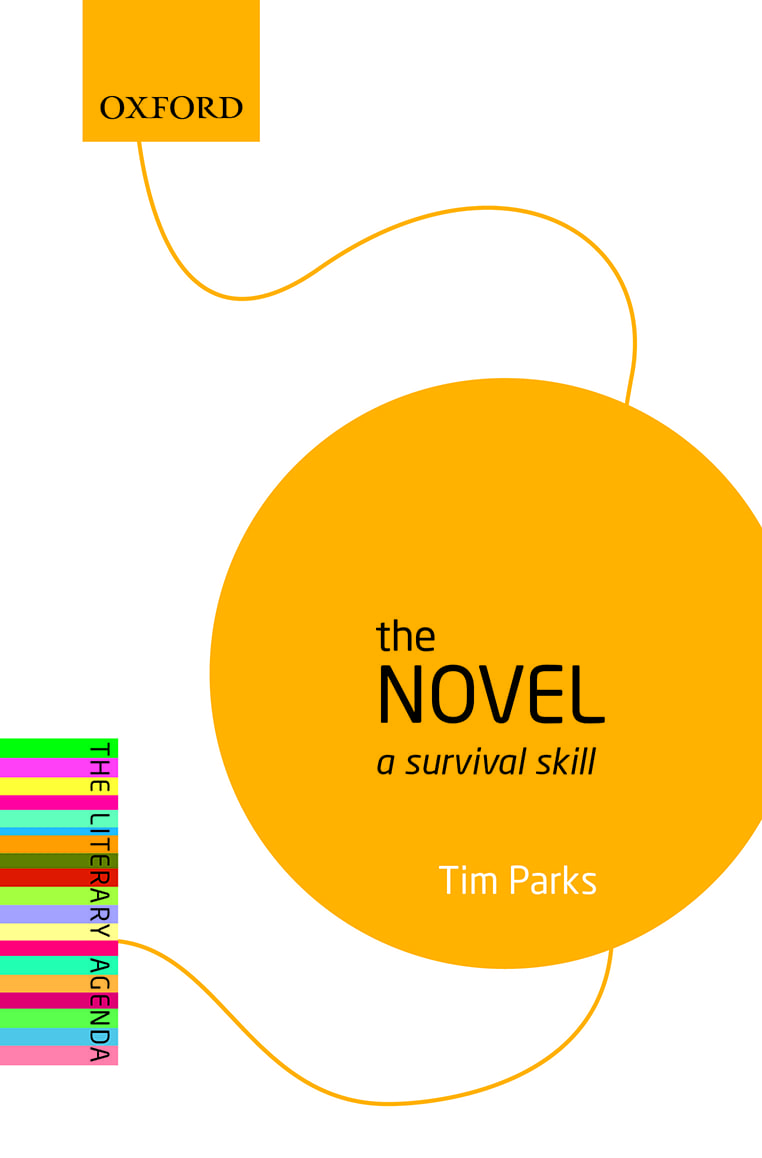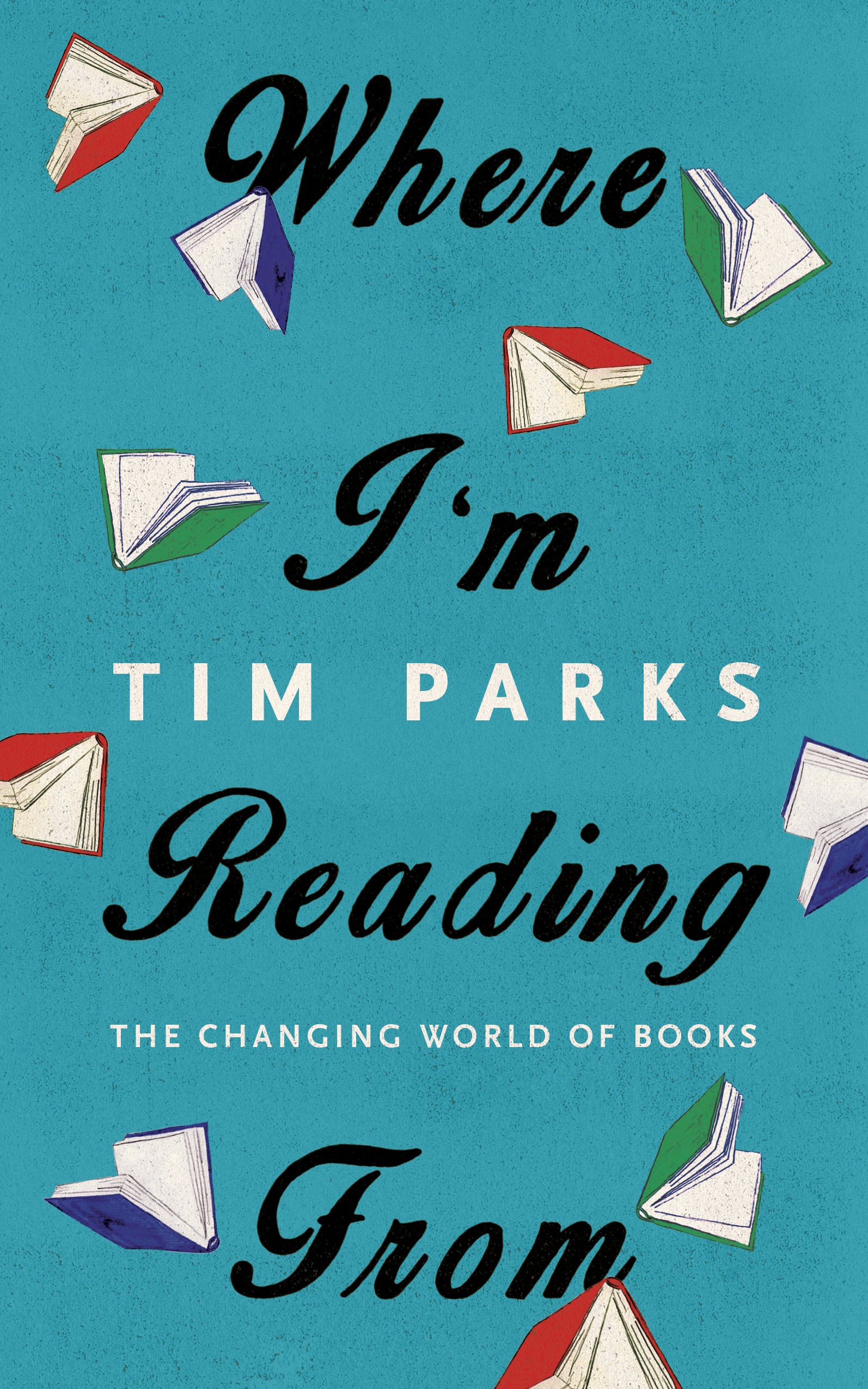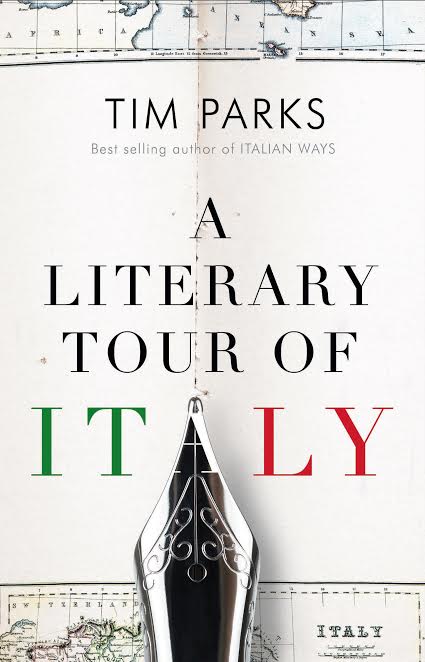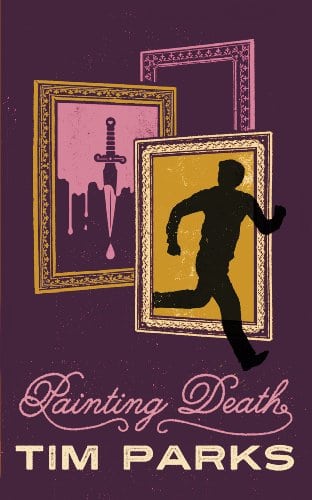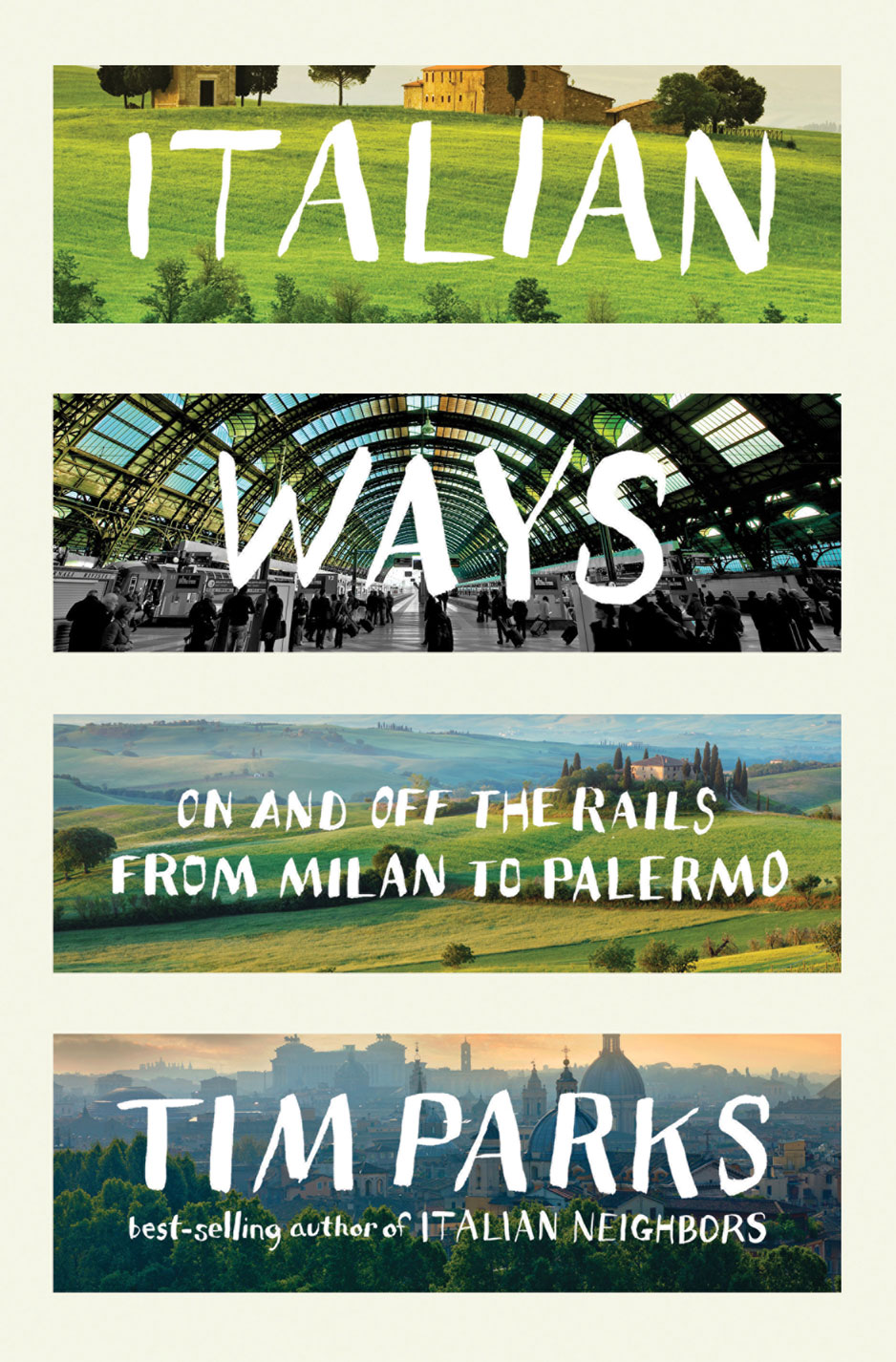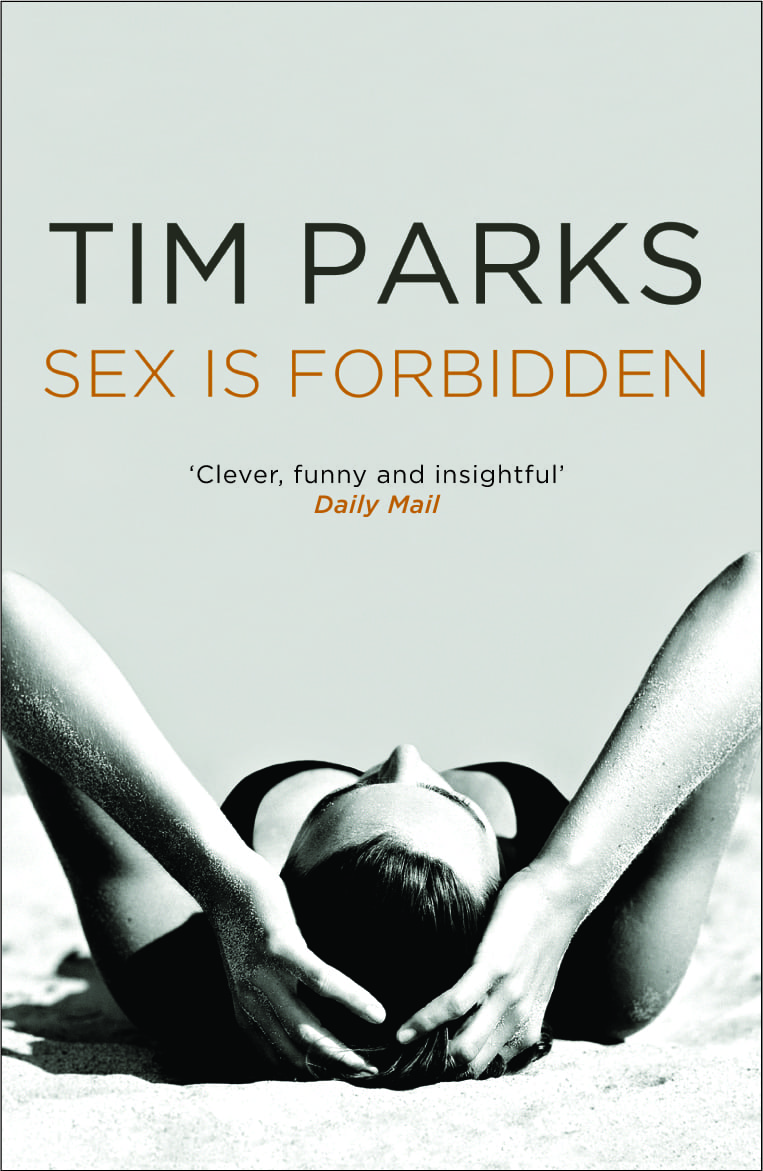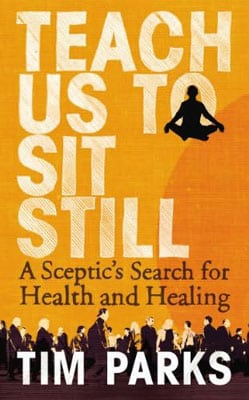The Ayurvedic Doctor
It took me a while to tell the whole story. The doctor wore
a shirt and tie and listened attentively; his wife and secretary
(thus he introduced her) was sitting beside him.
‘So, the urologist still wants to operate on me, but having
heard the radiologist’s comment on the urogram I’m not
convinced. There’s no evidence that there’s anything wrong
with the prostate at all. On the other hand, the symptoms
are getting worse. The only test still to do is the exploration
of the bladder. For cancer.’
The wife nodded, making notes. She was modest, attractive,
wearing Western clothes. Dr Hazan waited some
moments before responding. Had I seen him in the street,
I would have imagined he was a young executive in one of
Delhi’s booming software companies.
‘Well, for immediate relief, we could address the symptoms,’
he eventually began. ‘For that I would prescribe an
enema of sesame oil and various herbs to be held in the colon
for as long as you can manage, certainly not less than forty
minutes.’
I was silent.
‘On the other hand…’ He sat back and looked me in the
eyes. His face was frank. ‘This is a problem you will never get
over, Mr Parks, until you confront the profound contradiction
in your character.’
I can’t recall being more surprised by a single remark in
all my life.
‘Ah,’ I said at last.
‘There is a tussle in your mind.’
I sat still. I had wanted a different story, to challenge the
‘official medical version’. I was getting it.
‘What actually causes all this pain?’ I asked.
‘It is blocked vata.’
‘That is an energy that flows in the body,’ his wife
explained. ‘One of the five elements. It balances others
and needs to be balanced by them. When the balance goes
wrong, then the vata is blocked and causes pain.’
‘It is this mental tussle that blocks the vata,’ the doctor
said.
I reflected. ‘So, what is the tussle about?’
‘Good question!’ The doctor smiled.
‘A tussle like this is not really about anything,’ his wife
explained. ‘It is part of the prakruti.’
They began to explain what prakruti was: the amalgamation
of inherited and acquired traits coming together to form the
personality. If those traits were at odds and the two couldn’t
mix, you’d be in trouble.
‘In that case a person may get the impression that his life
is a series of dilemmas. He may think: If only I could resolve
this or that dilemma, I will have resolved my problems.
But each dilemma is a only a manifestation of the deeper
conflict.’
It was an elaborate theory.
‘Let’s assume that you are right,’ I said. ‘How would one
go about, er, sorting out something like that?’
I sensed as I spoke that ‘go about’ and ‘sorting out’ were
the wrong terms. Somebody who knew ayurvedic medicine
would not have used them.
Dr Hazan was weighing me up. ‘There is no prescribed
cure, as such. It is hard to treat the prakruti. But a good way
to start would be with a birth chart.’
I had noticed some publications on astrology in the waiting
room. The doctor could see my scepticism.
‘You don’t believe in our connections with the stars, Mr
Parks?’
I shook my head.
‘It is a shame. I have been able to help many people in
that way.’
He began to explain that one of his specialities was
helping businessmen with dilemmas: perhaps a man has
been trained in one field but is offered an interesting job in
another. He doesn’t know what to do.
‘That sounds more like a question of convenience and
good sense.’
‘To you, perhaps, yes. But he doesn’t experience his dilemma
like that. For him it goes deep. It threatens his health.’
There was a silence. Astrology was a bridge too far for me.
I was eager for new stories, but they had to be stories I could
believe in, or at least such that I could suspend disbelief.
‘Let’s go back to the physical side.’ But I stopped myself:
‘Or are you telling me it’s entirely psychosomatic?’
A slow smile spread across the doctor’s face. ‘That’s not a
word we have much use for, Mr Parks.’
I looked at him.
‘You only say psychosomatic,’ his wife explained, ‘if you
think that body and mind are ever separate.’





